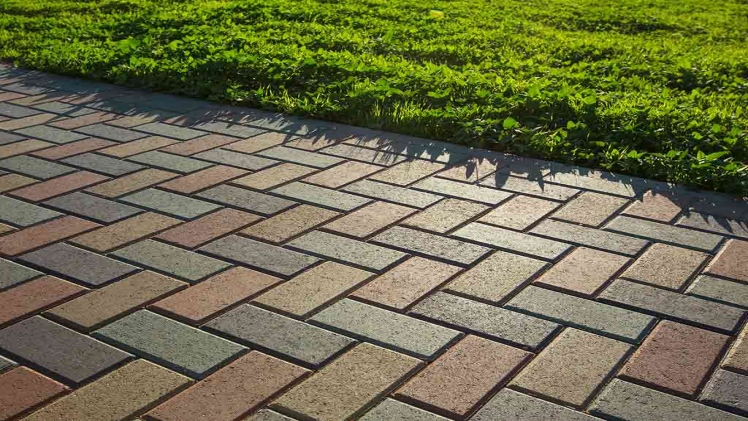The Block paving is a technique of paving with blocks of stone that can be laid in the same way as any other paving. The blocks are laid in layers, and when the whole area is completed it becomes a hard wearing surface for walking on.
The Block paving is one of the oldest forms of pavement, dating back to Roman times. It has been used for centuries throughout Europe, particularly in France and Germany. It was also used extensively in medieval times in England and Scotland.
The advantages of block paving are:
It looks good – it can be laid to any shape or design you want, so if you have an irregularly shaped area where you need to cover up a problem then block paving will look great!
It’s easy to install – it doesn’t require any digging or heavy machinery so it’s very quick and easy to install.
The disadvantages are:
It wears out quickly – this depends on how much traffic there is but generally a block paved area will last around 20 years before needing replacing.
It can’t be walked on all year round – although this shouldn’t be an issue as long as care is taken when installing and maintaining your block paved area.
The Block paving is a versatile paving system that has been used for many years. The block paving offers a variety of benefits, including:
Durability: the blocks are made from natural stone and are durable enough to withstand harsh weather conditions, heavy foot traffic and even snow removal.
Ease of installation: the blocks can be laid quickly and easily without special tools or equipment.
Low cost: block paving is an affordable option compared to other types of pavers, like natural stone or brick pavers.
The block paving is a very popular option for walkways, driveways and patios. It is also good for garden paths, driveways and patios.
There are many different types of blocks available to choose from, such as limestone and granite blocks. These blocks have different qualities depending on their composition and origin, for example, limestone blocks are usually more porous than granite ones. The colour of the block can also affect the look of your pathway or driveway.
Block paving can be used on either slabs or pavers. Slabs are made up of multiple blocks arranged in a single row which creates a solid surface; a great choice for walkways where you want to create a strong base that won’t crack or crumble over time. Pavers have gaps between the blocks which allow water to drain away; these are ideal for driveways where you need your path to stay dry at all times! You can contact https://ultrapave.co.uk/ for more information.

